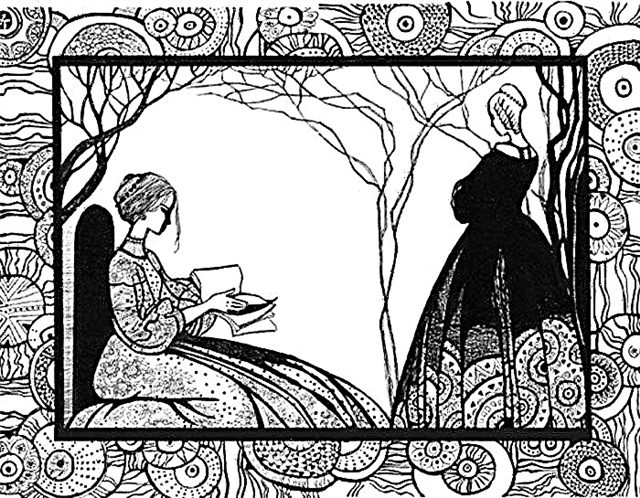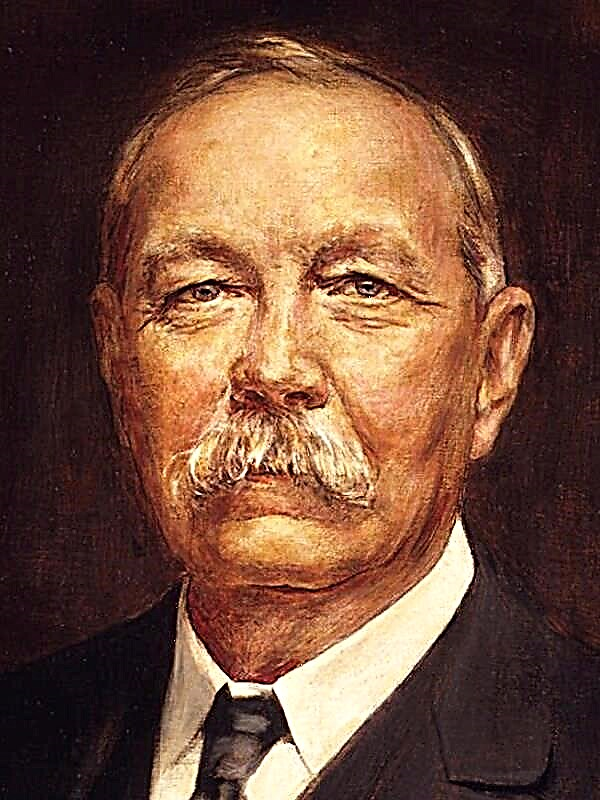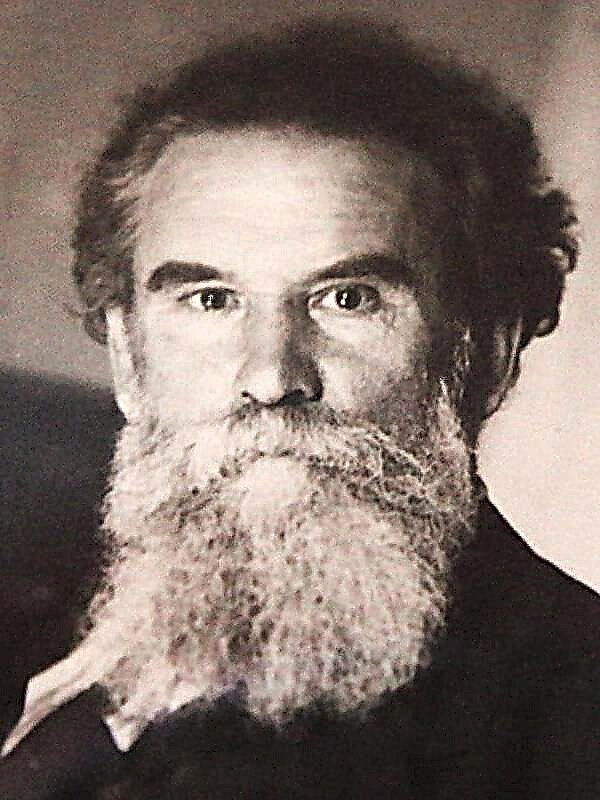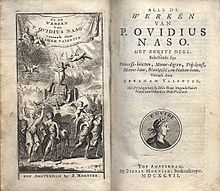(338 words) Kuprin’s novel “Olesya” is an interesting work that makes one think a lot. For example, about how important it is to be kind and tolerant towards people who are different from you. This quality is lacking for most people, no matter what views and opinions they defend. The author, having seen a lot in his lifetime, touched on this topic for a reason: he knew firsthand about the harsh and oppressive mores of the province.
The work is written in the literary direction of neorealism, Kuprin tried to introduce a romantic hero - the forest nymph Olesya. She is kind, smart, talented and courageous. In her love there is no possession, in her words there is no falsehood. Throughout the work, the reader empathizes with the heroine, tries to understand her feelings and is deeply disappointed in the main character - a weak and ordinary person who turned out to be unworthy of love. Ivan Timofeevich imagined himself a cut above the peasants, but he himself could not give up stereotypes for the sake of his feelings. Thinking about a joint future with Olesya, he was afraid of the reaction of his friends and its adaptation in his circle. He himself could not give up this circle for her sake, it was she who was supposed to fit into him. Outright egoism took root in his love, he was still thinking about comfort, but did not notice a more significant aspect of life - a natural and deep feeling. Moreover, he had a huge number of opportunities to become progressive and intelligent, a real "person of the future", which was quite problematic in those years, while Oles did not have such opportunities, on the contrary, the girl survived the suffering and need together with her grandmother. Despite this, the young heroine grew up having inner wealth and spiritual beauty. But society turned out to be unprepared to accept it, and neither faith, nor civilization, nor power could develop aversion to cruelty in people. It turned out that wild education in the lap of nature contributes to the emergence of humanity, but the crowding of people in cities and villages generated only hatred and prudish morality, which does not allow compromises. That is why the story of Kuprin was not immediately agreed to be published: its conclusions seemed too unsightly.
Many directors were subsequently inspired by the work of the author, which is why the story was filmed three times. My opinion about her is positive - Olesya can teach a lot. This is a true guide to humanism. Each of us should learn to draw strength from nature or literature for genuine generosity.

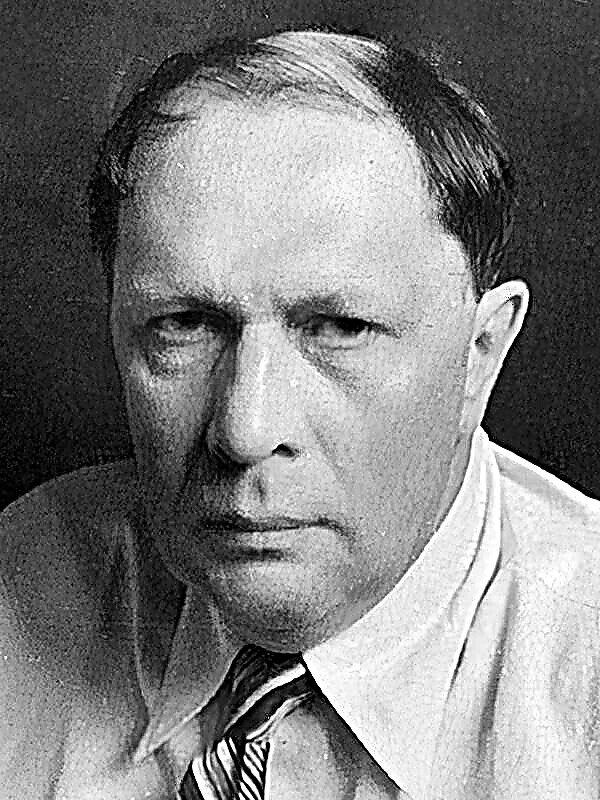 Golden Key
Golden Key


